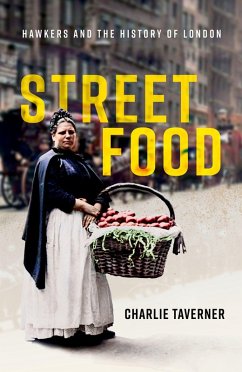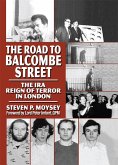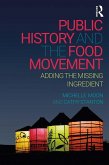This is the story of the women, men, boys, and girls who hawked oysters, cherries, cabbages, and pies on London's streets, feeding the capital throughout its transformation from medieval city to global metropolis. Street Food reconstructs the working lives of these poor traders, following them from the back alleys and cramped rooms they called home, to the taverns, bridges, and corners where they set up shop. It describes fast-moving food chains, heaving markets, rumbling wheelbarrows, scruffy donkeys, rushing traffic, and advertising cries that echoed through the city. The first long-term, comprehensive history of street selling in London, the book explores the intricacies of hawkers' work and their profound social, economic, and cultural importance to metropolitan life between the late sixteenth and early twentieth centuries. Based on the largest collection of archival and published evidence to date, it not only highlights the crucial roles street sellers played in fuelling the capital's expansion, but argues that their endurance over three centuries raises challenging questions about major narratives and processes of urban history, like modernization, the rise of retail, and the improvement of the streets. And it examines why the street food of the past-like the continuing vitality of street vendors around the world - is so different to the fashionable street food ubiquitous across London today.
Dieser Download kann aus rechtlichen Gründen nur mit Rechnungsadresse in A, B, BG, CY, CZ, D, DK, EW, E, FIN, F, GR, HR, H, IRL, I, LT, L, LR, M, NL, PL, P, R, S, SLO, SK ausgeliefert werden.









